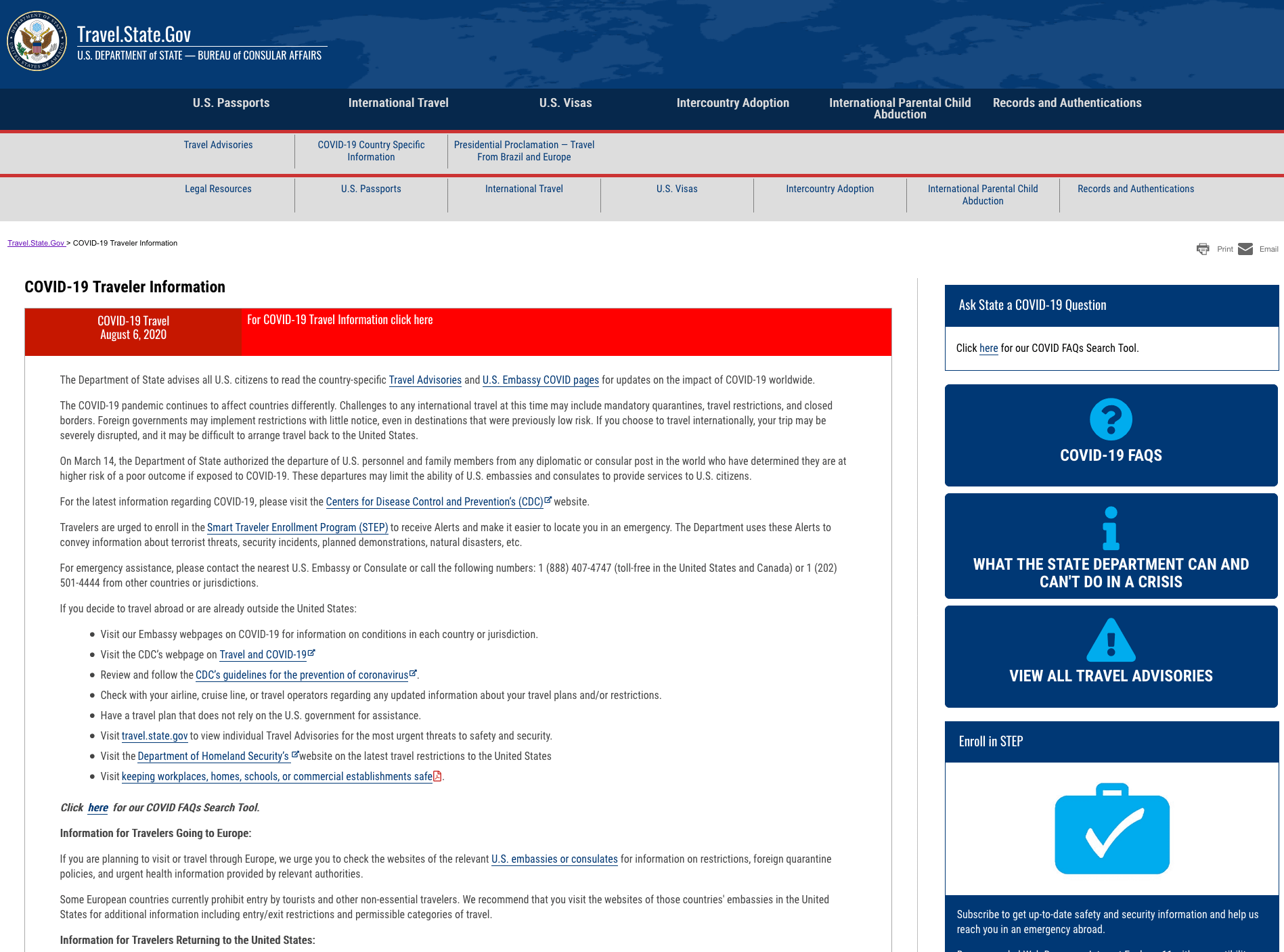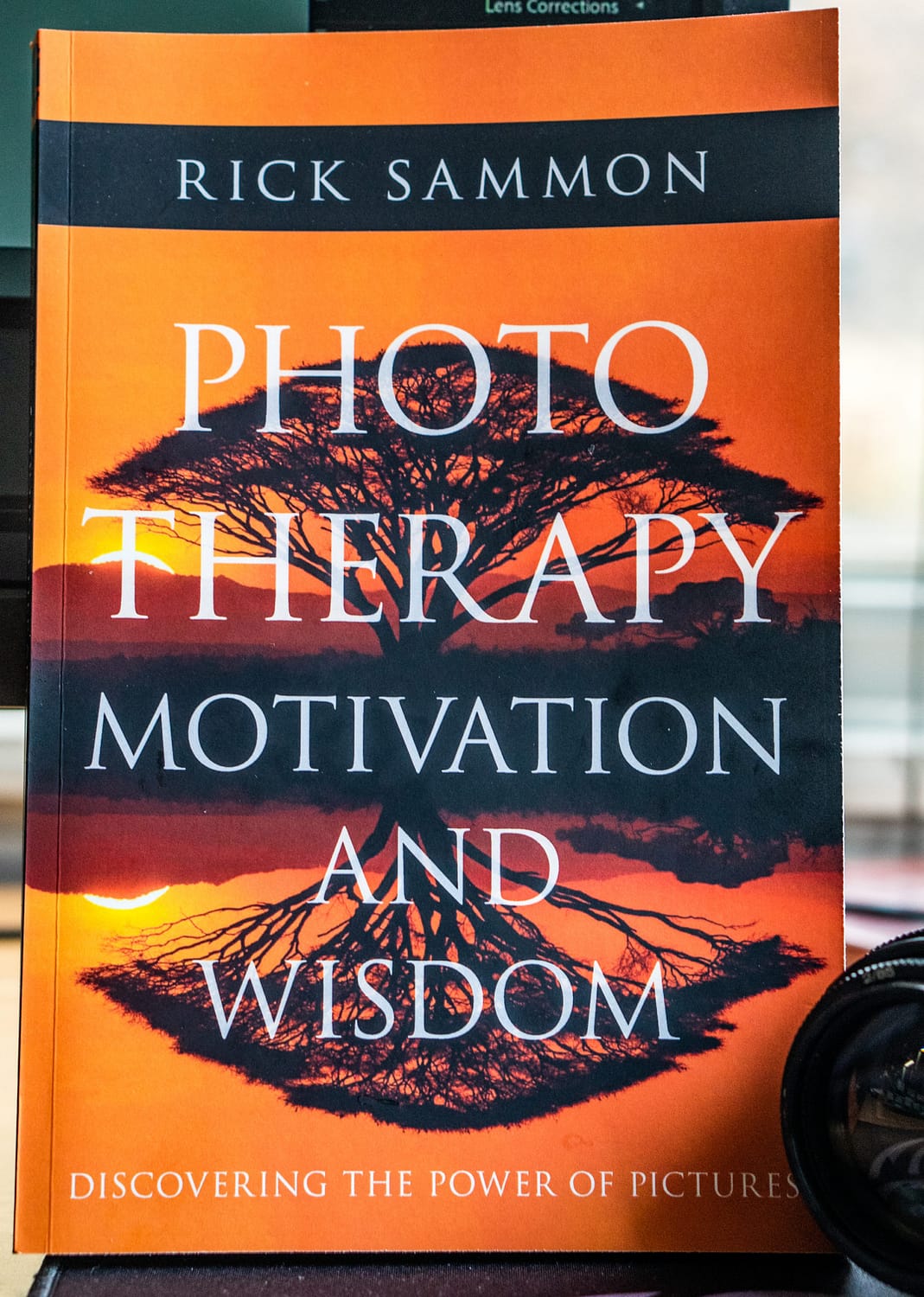I was working at the U.S. Embassy in Tokyo on March 11, 2011 when the seabed offshore suddenly jumped the length of half a football field and Japan suffered the worst earthquake (9.0) in its recorded history. My heavy government-issued computer jumped onto the floor like it was possessed. The 5th floor of the Embassy bounced like a trampoline. It was impossible to walk. My first thought was that this was my introduction to what must be a common occurrence in Japan but when I heard my Japanese colleagues screaming and crying it occurred to me that I better try to get to the exit. I tried to get up to walk out but it was impossible. We were in a bouncy castle called Tokyo.
Within hours we had established a temporary command center in the one-level recreational center on our compound a few blocks away and were taking calls from American citizens from around Japan and their loved ones in the United States that were trying to reach their family members. For the next few weeks we worked with the Japanese Government to try to locate as many American citizens as we could and to help them leave Japan. As three cores of Fukushima Nuclear Power Plant melted down just 140 miles north of Tokyo I found myself at a table outside the front gate of the Embassy handing out potassium iodide tablets to U.S. citizens that wanted to be ready in case of a radiation leak.
I hope you will never find yourself in a disaster situation or needing emergency assistance from your country’s diplomatic posts but you need to know how to get help if you need it. Most of what I’m going to talk about here pertains to U.S. citizens but other countries provide similar services.
The first thing U.S. citizens should do while traveling abroad is to register online for the U.S. State Department’s Smart Traveler Enrollment Program (STEP) at https://step.state.gov/step/ By using STEP you can tell the U.S. Embassy in the country you will be visiting how to reach you in case of emergency. When the earthquake hit Japan we were able to reach out to citizens who had registered and see if they were safe or needed assistance.
The section of the Embassy that is responsible for helping U.S. citizens in trouble is the American Citizens’ Services (ACS) unit within the Consular Section. If you are the victim of crime, lose your passport, get arrested, etc. you should call ACS at the nearest U.S. Embassy or Consulate. Look this number up on the Embassy website and put it in your mobile phone before you arrive in country. On most websites look for “Emergency Contact Information for U.S. Citizens”. If your emergency occurs after business hours your call will be directed to the Marines at Post One. If assistance cannot wait until the next morning the Marines will connect you to the Duty Officer. Diplomats from various sections take turns serving as the Duty Officer for a week at a time. They are the ones that take emergency calls at all hours of the night.
What if there is a disaster?
If you find yourself in the middle of a disaster such as an earthquake, flood, war, etc. call the ACS and let them know where you are and if you are in need of help. If you filled out the STEP registration earlier ACS will already have your contact information which will be very helpful if the phone lines are jammed. When the Tōhoku Earthquake happened in Japan the phone lines went down for a day or two but it was possible for us to reach people by Internet social media and e-mail.
In the tsunami disaster in Thailand in 2004 565 Swedes lost their lives.
What if I lose my passport?
If your passport is stolen or lost the first thing to do is to report it to the local police and get a copy of the police report to bring in to ACS during business hours. The second thing to do is call ACS to see when you can come in to replace your passport. The Duty Officer will not be able to get you a temporary passport in the middle of the night.
What if I am arrested?
Ask the police to call and report your arrest to ACS. As you are being hauled off to jail tell your friends/family to call the ACS for you. The Embassy will try to find you and set up a visit and have you sign a Privacy Release Form. If you are calling ACS about a loved one that has been arrested please understand that because of American privacy laws ACS cannot tell you anything about their arrest unless they have signed the Form and given permission to release the information.
It would probably be best to avoid getting arrested. Countries have different laws of course so check out what to be aware of for the country you are going to by checking out this page: https://travel.state.gov/content/travel/en/international-travel/International-Travel-Country-Information-Pages.html
According to the State Department an average of over 2,500 Americans are arrested overseas every year – 30% of them for drug charges.
When I was duty officer at the U.S. Consulate in Shanghai I couldn’t believe some of the crazy things some Americans got arrested for. Drunken bar brawls, prostitution, and fighting with girlfriends, landlords or employers to name a few. Those were entirely avoidable of course. There’s little that the Embassy or Consulate can do for you other than visit you in jail, inform your family about you (if you sign the privacy form), bring you things to read, give you a list of lawyers and object loudly if you are mistreated. When you are in another country you are subject to their laws. Please do your best to represent your country well but remember that your Embassy and Consulates are there to help you.




